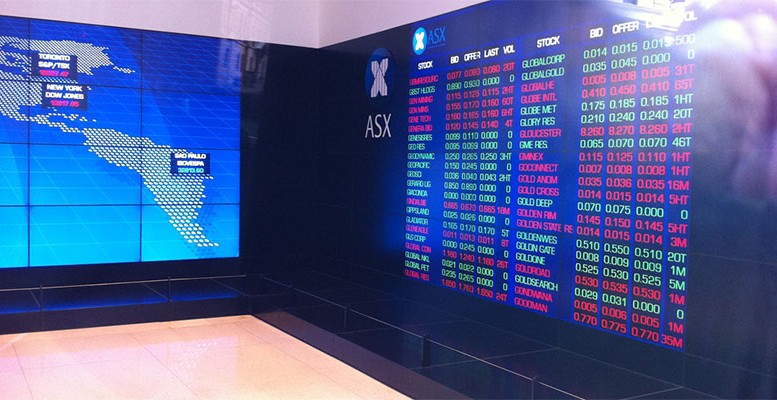The markets’ reaction to Macron’s victory in the first round of the French presidential elections can be resumed as follows: strong rises in the European stock markets, falls in the peripherals’ risk premiums and the euro’s appreciation against the dollar. Investors realise that the political risk in France has decreased substantially and are less concerned about what might happen on the political front in Italy and Germany. Now it’s time to look at companies’ fundamentals once again and continue to focus on the ECB’s decisions over the coming months.
The markets were nervous over the last few days ahead of the frightening prospect that Marine Le Pen would have more of an option to become to France’s new president. The second round has still to take place, but the victory of the most pro-European candidate Macron has been a relief for investors, particularly for the banks’ shareholders. A ‘Frexit’ would be a blow to the water line of financial stability in Europe.
Apart from what happened in the markets on Monday, the key question now is to determine the magnitude and the duration of the recovery in the stock markets, the euro and the peripherals’ debt. Experts suggest that, at least as far as equities go, attention will now be focused on corporate earnings and in next Thursday’s ECB meeting.
In the US, the EPS of the S&P 500 companies which have published their results has increased by 11.2% (compared with a rise of 9.7%) and this positive trend should extend to Europe this week, with the presentation of results from some of the big companies like Daimler, Bayer, Santander and BBVA.
In general, analysts are positive about the outlook for risk assets, and particularly about European stocks. That said, nobody rules out that there could again be volatility as a result of the upcoming elections in the UK or of the Italian banks’ problems.
Another determining factor for the markets will be the decisions taken by the ECB. The “ECB watchers” believe that Draghi will begin to given indications of change in June: the reduction in the debt purchasing programme could start in September, leaving the first rate hike for the first quarter of 2018.





